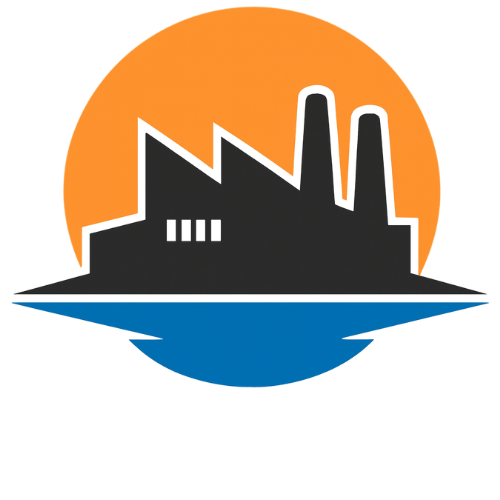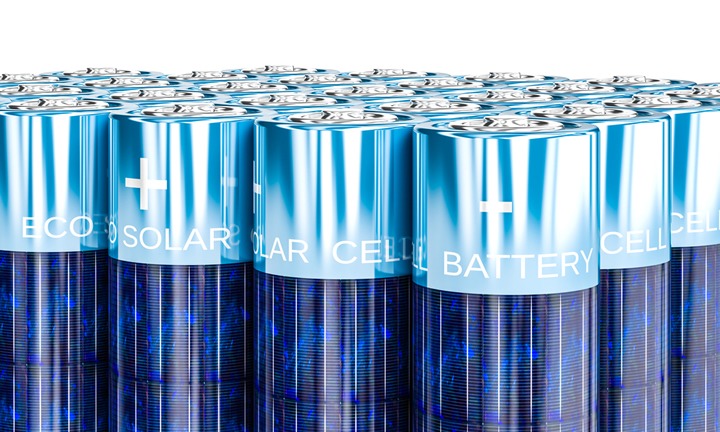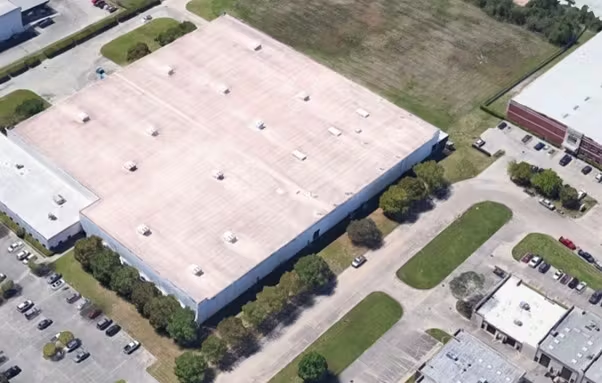Strategic Funding Allocation
The U.S. Department of Energy (DoE) has committed over $3 billion to enhance battery manufacturing and recycling infrastructure across the nation. This funding aims to support the extraction and processing of battery materials, as well as the production and recycling of batteries. This initiative is part of the Biden-Harris Administration’s strategy to increase domestic production of advanced batteries and associated materials, crucial for the burgeoning electric vehicle industry and renewable energy sectors.
The Battery Materials Processing and Battery Manufacturing and Recycling program, now in its second round, will distribute funds to 25 projects across 14 states. These projects are currently undergoing environmental assessments and final negotiations with selected bid applicants. The first round had previously allocated $1.82 billion to 14 projects, indicating a significant scale-up in this new wave of funding.
Key Projects and Innovations
Among the projects slated for funding, Enersys Advanced Systems stands out with a potential $199 million investment to establish a battery cell manufacturing site in Piedmont, South Carolina, projected to begin operations in 2028 with a capacity of 5 GWh. Additionally, Form Energy, Inc. is earmarked to receive $150 million for a manufacturing line in Weirton, West Virginia, designed to produce 100-hour iron-air batteries with a substantial 20 GWh capacity.
Other notable allocations include $67 million to Albemarle US Inc for retrofitting a North Carolina site to produce lithium metal anode materials and $100 million to The Dow Chemical Company for developing battery-grade carbonate solvents from waste CO2 along the Gulf Coast.
Expanding Recycling Efforts
The investment extends significantly into the recycling sector, with American Battery Technology Company poised to receive $150 million to construct a major lithium-ion battery recycling facility in South Carolina capable of processing up to 100,000 tons per year. Similarly, Ascend Elements Inc has applied for $125 million to develop a new facility in Hopkinsville, Kentucky, for recycling battery-grade graphite.
These strategic investments by the DoE aim to secure a stable and robust energy supply chain while generating substantial employment, supporting over 8,000 construction jobs and 4,000 operational roles. Furthermore, almost 90% of these projects are located in or near disadvantaged areas, aligning with the U.S. government’s goal of ensuring that 40% of the benefits from the energy transition reach these communities.




